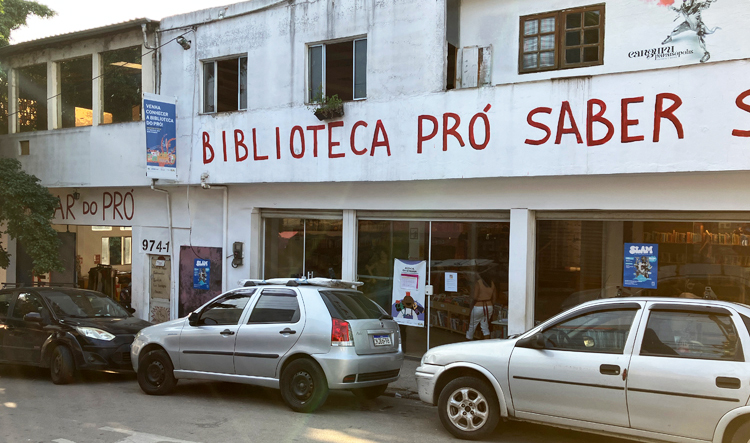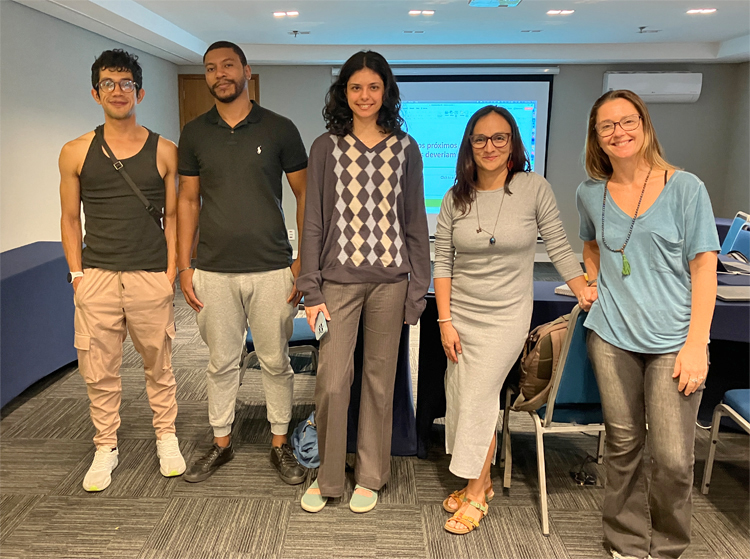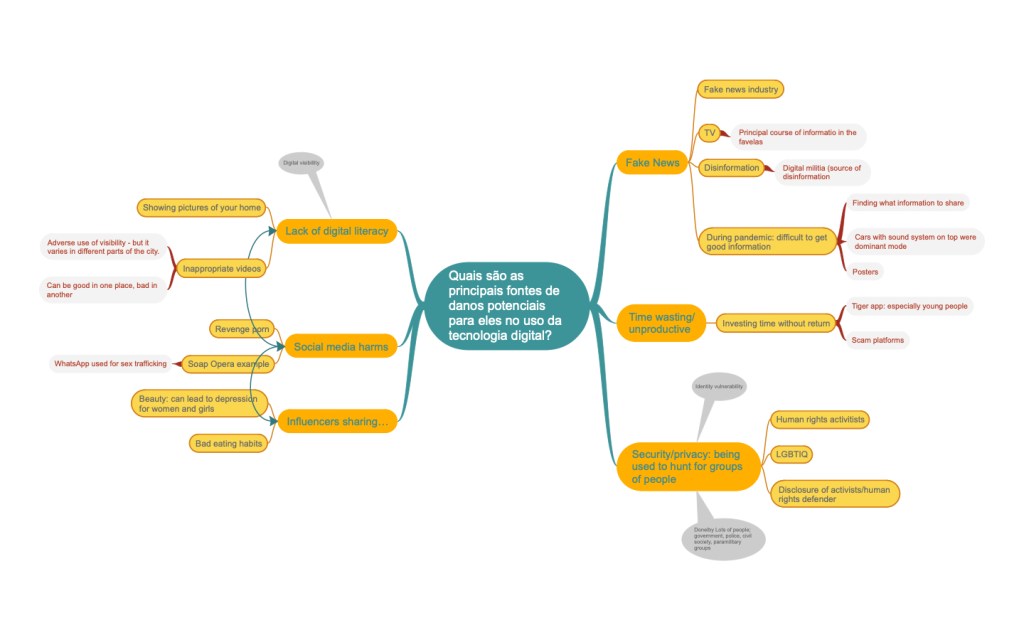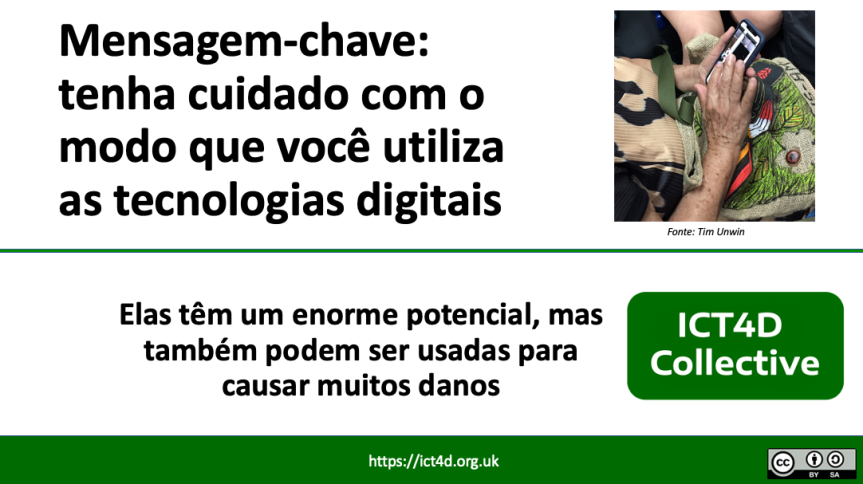The main countries in which we worked with migrants to develop interventions that would improve their lives during the MIDEQ project were Nepal and South Africa (funded by UKRI GCRF). However, during conversations in Rio de Janeiro with Dr. Heloisa Melino (then working at IMJA) in September 2023, it became clear that some of the resources we had developed about the safe, wise and secure use of digital tech might be reversioned to serve the needs of people living at the peripheries of society (nas periferias) in Brazil. This was set against the wider context of discussions that we had been having with other members of the MIDEQ team about whether or not our research was really improving the lives of migrants and refugees (see our Working Paper, What works for migrants: reflections on research practice in the interests of migrants).

An offer of funding from the UK’s Economic and Social Research Council (ESRC) through its Social Science Impact Accelerator at Royal Holloway, University of London, enabled us to take this idea forward, and in April 2024 Tim Unwin and G. “Hari” Harindranath visited São Paolo and Rio de Janeiro to convene workshops and meet with organisations working with people at the peripheries, especially those living and working in the favelas of the two cities. We are especially grateful to Dr. Fernanda Scur for helping us in São Paolo, and Dr. Heloisa Melino and colleagues at IMJA for assisting us in Rio de Janeiro.

Workshop participants in São Paulo, April 2024

Workshop in Rio de Janeiro, April 2024
These workshops explored the main needs of digital tech by people living at the peripherires and the potential harms that they could encounter through such use, with the ultimate aim being to identify whether the resources we had previously created could usefully be reversioned in new formats to help them use digital tech more safely, wisely and securely. All of the workshop sessions were recorded in a series of mind maps, exemplified by this one from colleagues in Rio de Janeiro about the main harms of using digital tech.

Drawing on these workshops as well as discussions with other civil society organisations and colleagues at nic.br, we identified the following six main groups of people at the peripheries who participants thought could most benefit from such resources: immigrant youth, informal artisan entrepreneurs, single mothers with children, informal traders and service providers, senior citizens, and formerly gaoled LBT immigrant women. The next task was to agree on the best modalities for sharing information about the safe, wise and secure use of digital for reaching each group or community, with participants focusing on three main methods for reaching each group. We are currently exploring the development of several of these approaches, including the use of short videos, pamphlets, street art, zines, and small group discussion themes. Participants also provided numerous suggestions for how the material contained in our original slide deck (developed in Nepal and South Africa) on the safe, wise and secure/private use of digital tech could be reversioned for the Brazilian context, and the new Portuguese language version of the slides and guidance notes for their use are provided below (thanks especially to Luana Guedes for the translations into Portuguese):
We were also asked if we could share some simple tips in Portuguese about basic video making, drawing on the work we had previously done as part of MIDEQ in South Africa and Nepal, so that the organisations that attended our workshops could learn from them. These are shared below (click on images for tips in Portuguese and English).
As this work develops we will share more information and resources here.

Tim Unwin, Revised 11 May 2024




